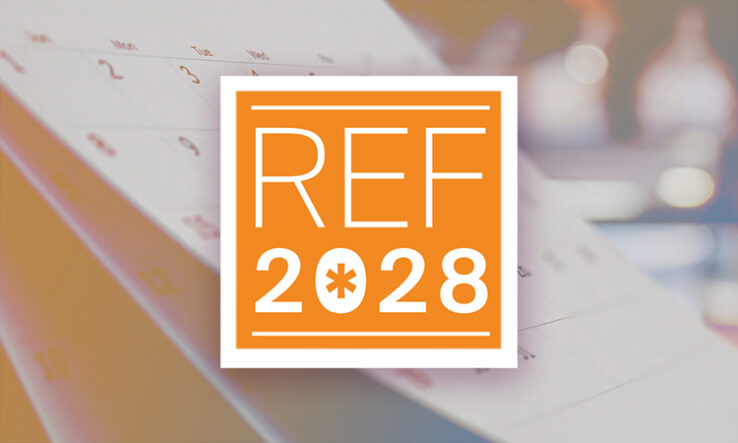
Shake-up in assessment for the next Research Excellence Framework 2028 announced
Institutions rather than individuals will be assessed on their performance in the next Research Excellence Framework, following a major review of the exercise.
Early decisions on what REF 2028 will look like have been published today after the Future Research Assessment Programme (Frap) concluded its work exploring what to keep and what to change after REF 2021.
Research England said the four UK funding bodies—Research England, the Scottish Funding Council, the Higher Education Funding Council for Wales, and the Department for the Economy, Northern Ireland—were “seeking to change the emphasis of national assessment” from individual performance to how well institutions and disciplines contribute “to healthy, dynamic and inclusive research environments”.
No more individual outputs
Staff will no longer be judged individually on their research outputs, with a new approach to calculating institutional research volume using the average number of staff over a number of years. Data from the Higher Education Statistics Agency will be used to determine those averages instead of staff lists submitted by universities, and there will be no minimum or maximum contributions expected from researchers.
At the same time, a broader range of research outputs will be accepted, while the range of staff eligible to submit work to the REF will be widened to include research-supporting staff like technicians.
Speaking to Research Professional News, Research England chair Jessica Corner said the change on research outputs represented a “dialling down of the significance of the published output, to take a much broader understanding of what research excellence is about and how one might evidence it”.
The previous REF was criticised for incentivising researchers to publish in certain journals and discouraging other types of outputs.
The Frap team had been exploring how far to change the next exercise, and a change in name had been considered. But Corner said the funders wanted to strike a balance “where we’re not doing things to cause institutions to completely reset their structures as to how they manage things”.
“We’re conscious of bureaucracy, administration burden,” she added.
Three-way split in weightings
Under the next exercise, the assessment weightings will be split three ways. People and Culture replaces the environment strand of REF 2014 and 2021, with an additional remit to assess research culture. It will count for 25 per cent of the total.
Engagement and Impact, which is similar to the impact strand of REF 2014 and 2021, will also count for 25 per cent, while Contribution to Knowledge and Understanding will count for 50 per cent.
The Contribution to Knowledge and Understanding branch covers research outputs, and while it will continue to be broadly based on the assessment of submitted outputs, at least 10 per cent of the total score will be calculated by looking at broader contributions to the advancement of a discipline.
Departing from Frap advice
Frap’s International Advisory Group, which helped to guide the work, had recommended that each section be given a weighting of 33 per cent. But Research England director of research Steven Hill said that during consultations with the sector and with funders, “there was a lot of sensitivity about how low that weighting of research outputs could go”.
“We’re now saying that that contribution to knowledge and understanding is still a really important part of the assessment, but it’s on an equal footing with cultural environment and impact,” he said. “So we’re looking at a more rounded assessment of the performance of institutions.”
Different aspects of the proposed changes will be put to the sector for consultation over the summer, and further decisions on REF 2028 will be published in the autumn.
Along with the report on initial decisions, Research England also published an equality assessment on how the changes could affect researchers, along with Frap International Advisory Group’s report detailing what changes the panel recommended.
Publishing the reports, Corner said: “This is a once-in-a-generation moment for change as we shift national research assessment away from a focus on individuals to how institutions and disciplines contribute to healthy, dynamic and inclusive research environments, and as we shift from a focus on published research outputs towards a broader view of what constitutes research excellence and how it can be demonstrated.”